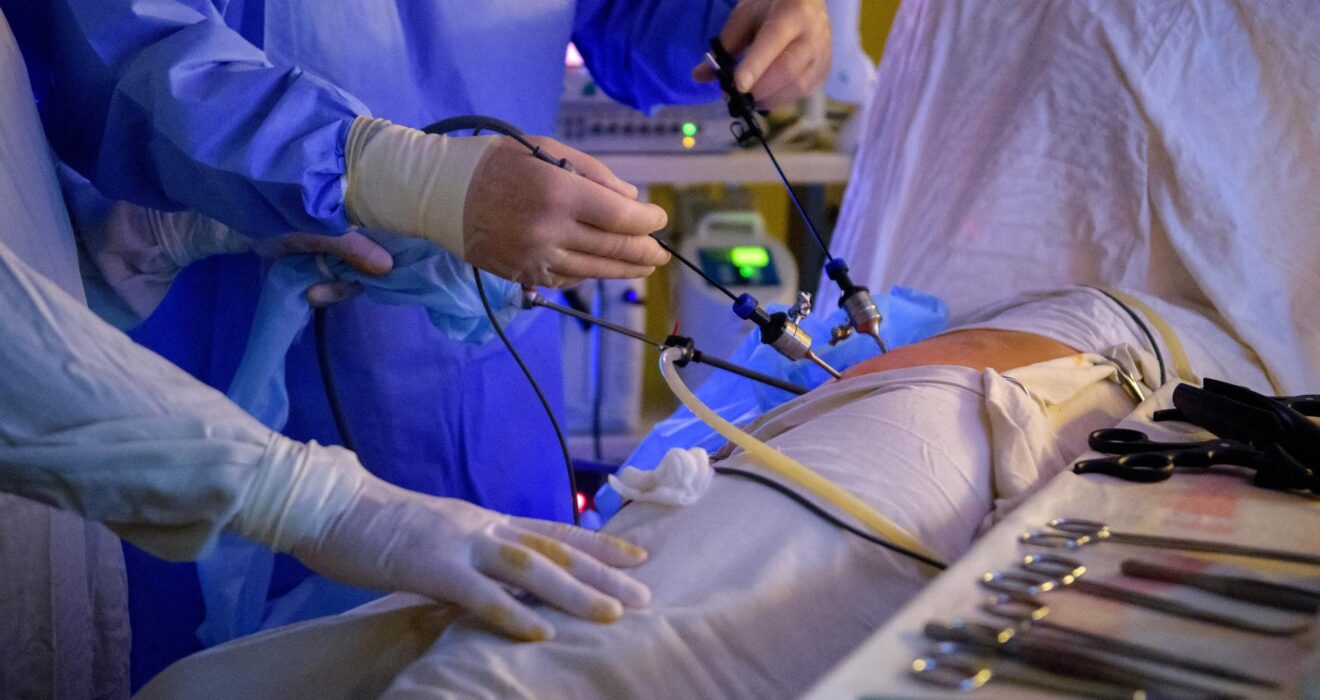Exploring the Future of Robotic-Assisted Laparoscopic Surgeries
Robotic-assisted laparoscopic surgeries represent a groundbreaking advancement in the medical field. Combining the precision of robotics with the minimally invasive approach of laparoscopy, this technique is revolutionizing patient outcomes and reshaping the future of surgical care. Let’s explore how robotic-assisted surgeries are changing the landscape of healthcare and what the future holds for this innovative technology.
1. The Evolution of Robotic Surgery
Robotic-assisted surgeries have come a long way since their introduction. Initially designed to overcome the limitations of traditional laparoscopic procedures, robotic systems like the Da Vinci Surgical System offer surgeons enhanced dexterity, precision, and control.
- Key Features: High-definition 3D visualization, robotic arms with a range of motion surpassing the human wrist, and reduced surgeon fatigue.
- Early Adoption: Primarily used in urology, gynecology, and general surgery, robotic technology is now expanding into other specialties.
2. Benefits for Patients
Robotic-assisted laparoscopic surgeries provide numerous benefits, making them a preferred choice for both patients and surgeons:
- Minimally Invasive: Small incisions result in reduced scarring, minimal pain, and faster recovery times.
- Enhanced Precision: Robotic systems allow for intricate movements, making it easier to navigate around delicate structures.
- Lower Risk of Complications: Improved accuracy reduces the likelihood of errors, infections, and postoperative complications.
3. The Role of Artificial Intelligence (AI)
Artificial intelligence is poised to enhance robotic-assisted surgeries even further.
- Preoperative Planning: AI can analyze patient data to help surgeons map out detailed surgical plans.
- Real-Time Assistance: AI algorithms provide guidance during procedures, alerting surgeons to potential issues.
- Postoperative Analysis: Data gathered during surgery can be used to improve techniques and patient outcomes in the future.
4. Expanding Applications of Robotic Surgery
Robotic-assisted laparoscopic surgeries are no longer limited to a handful of specialties.
- Gastroenterology: Surgeons can now perform complex gastrointestinal procedures with greater precision.
- Cardiac Surgery: Minimally invasive heart procedures are becoming more common with robotic assistance.
- Orthopedics: Robots are being used for joint replacements and spinal surgeries.
5. Challenges and Limitations
Despite its promise, robotic-assisted surgery faces challenges:
- Cost: High initial investment and maintenance costs can limit accessibility.
- Training: Surgeons require specialized training to operate robotic systems effectively.
- Availability: Advanced robotic systems are not yet widely available, especially in rural or underfunded healthcare facilities.
6. The Future of Robotic-Assisted Surgeries
The future of robotic-assisted laparoscopic surgeries is bright, with ongoing advancements expected to address current limitations.
- Smaller, More Affordable Systems: Innovations will make robotic technology more accessible to hospitals worldwide.
- Tele-surgery: Surgeons will be able to perform operations remotely, expanding access to quality care.
- Integration with Other Technologies: Combining robotics with augmented reality (AR) and machine learning will lead to unprecedented levels of precision and efficiency.
7. Choosing the Right Surgeon for Robotic-Assisted Procedures
If you’re considering robotic-assisted laparoscopic surgery, it’s essential to choose a skilled and experienced specialist. Experts like Dr. Amandeep Sandhu, a renowned laparoscopic surgeon in Mohali, offer state-of-the-art care tailored to each patient’s needs. Find us on Google Maps to learn more about our advanced surgical services.
Robotic-assisted laparoscopic surgeries are transforming the medical field, offering unparalleled precision, faster recovery, and improved patient outcomes. With the integration of AI and other cutting-edge technologies, the future promises even more advancements, making these procedures safer and more accessible for everyone.
For expert care and guidance, consult with Dr. Amandeep Sandhu, a leader in robotic-assisted surgical techniques. Take the first step towards better health with the latest innovations in laparoscopic surgery.




